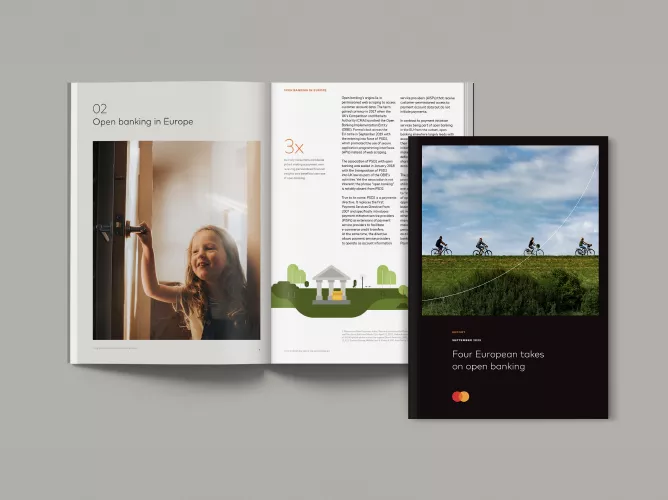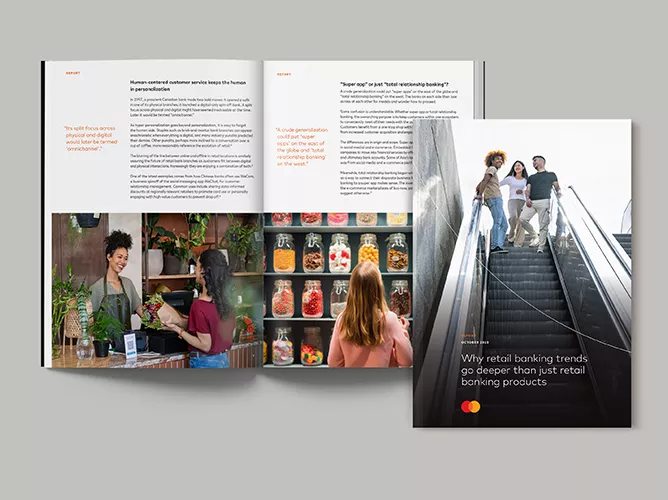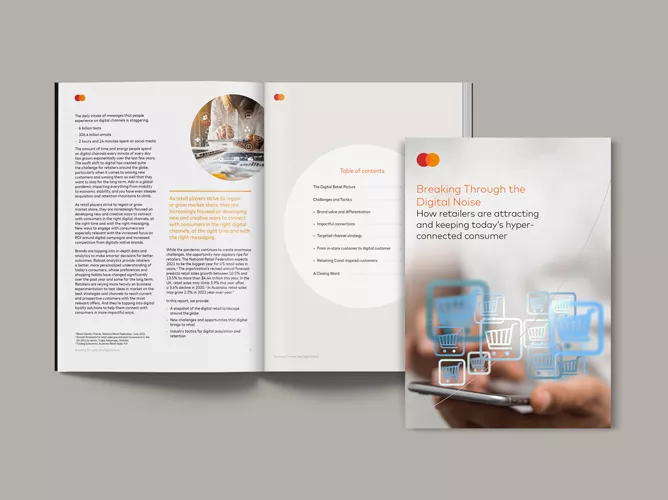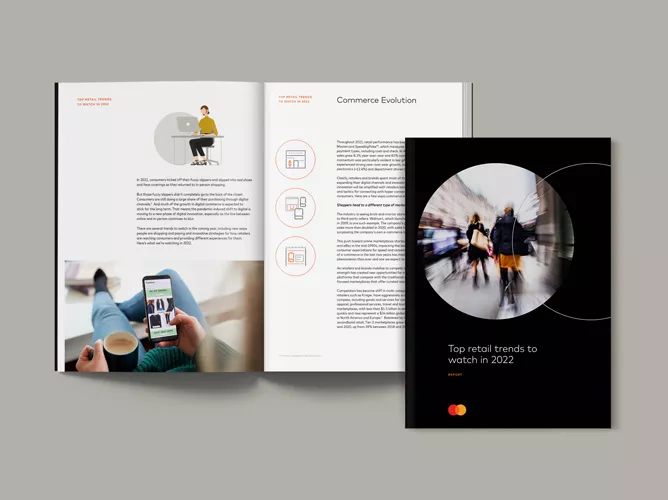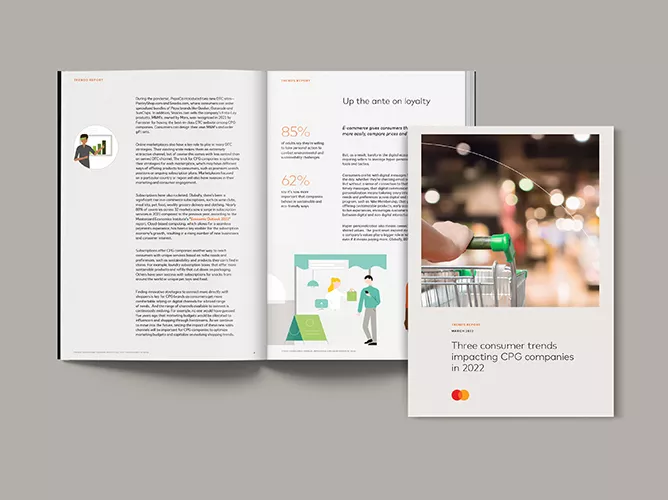Competition was the order of the day when the European Union opened the open banking floodgates with its revised Payment Services Directive (PSD2). The order still stands. But another impetus is now making its own waves on the back of the increased competition: financial inclusion.1
Its importance across all countries debunks a misconception that financial inclusion is pro-bono and lacks sustainable business models. Instead, it is now an attractive proposition for banks and financial technology (fintech) companies if they properly avail of the opportunities.
No longer an optional extension of open banking, different countries’ prioritizations of financial inclusion reflect relative levels of importance and the recency of formal proclamations on the topic.
Mexico’s Fintech Law is "based on the principles of financial inclusion and innovation" in that order, while the UK’s Financial Conduct Authority views financial inclusion as one of open banking’s "new developments".
Degrees of prioritization are associated with degrees of financial inclusion. Often used as a blanket term in reference to individuals or their small businesses, financial inclusion serves two audiences: unbanked people outside of the financial system, and underbanked people inadequately served by the financial system. For Mexico, the focus is on both; for the UK, the focus is largely on the underbanked. But there is no binary split. Regardless of banked status, the sharing of customer-permissioned data remains a core tenet of open banking everywhere in creating an inclusive financial system for all.
Mobile phones are often seen as a panacea for many of the challenges associated with financial inclusion. But access to financial services is not as simple as access to a mobile device, and a mobile phone with stored funds does not automatically equate with financial inclusion. Still, it makes for a very good start.
1 This report is a global version of Purposeful & profitable: Financial inclusion via open banking in the Middle East & Africa.



